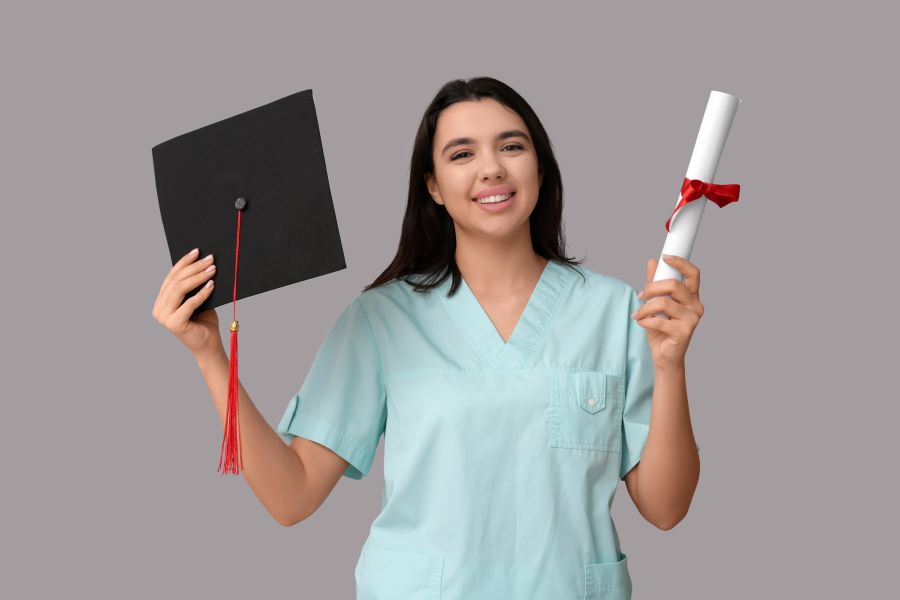Understanding the Process and Purpose of Sperm Donation
Sperm donation plays a meaningful role in helping individuals and couples build families. The process involves careful screening, medical evaluation, and secure donation protocols. Learning how sperm donation works can help you decide if it’s the right path—whether you’re donating or seeking a donor.

How Does the Sperm Donation Process Work from Start to Finish?
The sperm donation process is comprehensive and carefully structured to ensure the health and safety of both donors and recipients. Potential donors typically go through an extensive screening process that includes:
-
Comprehensive medical history review
-
Physical examinations
-
Genetic screening
-
Sexually transmitted infection (STI) testing
-
Psychological evaluations
-
Detailed genetic background checks
Qualified donors must meet specific criteria, including age restrictions (usually 18-39), good overall health, and no significant genetic or medical conditions. The initial screening can take several weeks and involves multiple consultations and medical tests to ensure the highest quality and safety of donated sperm.
Who Benefits from Sperm Donation and Why It Matters?
Sperm donation provides critical support to various groups seeking to build families:
-
Couples experiencing male infertility
-
Same-sex female couples wanting to have children
-
Single women choosing to become mothers
-
Individuals with genetic conditions preventing successful reproduction
-
Couples facing certain medical treatments that impact fertility
The impact extends beyond individual families, supporting broader reproductive health and family-building opportunities for diverse populations.
Understanding Sperm Donation Programs and Participant Support
Reputable sperm donation programs offer comprehensive support for both donors and recipients. These programs typically provide:
-
Confidential counseling services
-
Legal guidance
-
Medical screening and support
-
Anonymity options
-
Compensation for qualified donors
Donors can expect professional treatment, medical care, and clear communication throughout the donation process. Recipients receive carefully matched, thoroughly screened genetic material to maximize potential successful conception.
Sperm Donation: Medical and Legal Considerations
Legal frameworks surrounding sperm donation vary by location, but most programs ensure:
-
Donor anonymity or controlled contact options
-
Legal protections for all parties
-
Clear guidelines about parental rights
-
Comprehensive medical protocols
-
Ethical screening processes
| Sperm Donation Provider | Services Offered | Key Features |
|---|---|---|
| Cryos International | Worldwide sperm banking | Extensive donor screening, international shipping |
| California Cryobank | Comprehensive donor program | Detailed genetic testing, multiple location options |
| Fairfax Cryobank | Advanced genetic screening | Comprehensive health evaluations, strict donor selection |
Prices, rates, or cost estimates mentioned in this article are based on the latest available information but may change over time. Independent research is advised before making financial decisions.
Conclusion
Sperm donation represents a powerful intersection of medical science, compassion, and family-building opportunities. By understanding the process, participants can make informed decisions that potentially transform lives and create new family possibilities.
Disclaimer: This article is for informational purposes only and should not be considered medical advice. Please consult a qualified healthcare professional for personalized guidance and treatment.




